When you hear someone talk about fishing in the ocean, most will use the term deep sea fishing. Deep sea can refer to many different types of offshore fishing in the states of Georgia, South Carolina, and North Carolina. The assumption is that once you head into the ocean, then the angler is engaging in deep-sea fishing. What exactly is deep sea fishing.
What Is The Deep Sea
Although many people consider the deep sea to be all of the ocean, this is not the case. The deep sea is areas beyond the continental shelf, which are the deepest parts of the sea.
What is Inshore Fishing
The two significant breakdowns for saltwater fishing opportunities in the southeast is inshore or offshore. Beyond inshore and offshore, the style of fishing can be much more specific.
Inshore fishing is catching fish inside of the inlet that opens coastal waters to offshore waters. Many fish varieties can be caught, including flounder, redfish, sea trout, bonnethead shark, sheepshead, and more.
The most common way that inshore fish are caught is by utilizing a popping cork, and a live shrimp or artificials slowly dragged along the bottom.
What Is Offshore Fishing
Offshore fishing can be far more versatile regarding the type of fish and the methods that they are caught. Deep sea fish can vary between bottom fish, mid-level water column, and surface species.
Bottom Fishing
Bottom fishing in Georgia, South Carolina, and North Carolina can vary from just fifteen feet of water on the ocean down to one thousand plus feet. Different species of fish reside in various depths throughout the waters off of these three states.
Some of the most common types of bottom fish caught by hand cranking rod and reel include flounder, red snapper, grouper, sharks, amberjack, and more.
Farther offshore near the continental shelf are deep water bottom species caught with electric reels in a process called deep dropping. Some of the most highly targeted species include the snowy grouper, golden tilefish, barrel fish, and others.
Deep Sea Trolling
The actual deep sea beyond the continental shelf, otherwise known as blue water fishing, is primarily for trolling up pelagic species.
Offshore deep sea trolling or live baiting is effective for catching many tuna varieties, including yellowfin tuna, blackfin tuna, and bluefin tuna. Beyond tunas, blue marlin, and white marlin, dolphin fish, sailfish, and wahoo.
When you’re headed out to blue water, this is considered deep sea fishing.
So How Do You Decide On A Fishing Charter
First, let’s get this out of the way. The head boats, which carry twenty-plus people fishing in one trip, will advertise as themselves as a deep sea fishing experience. This is not the case; nearly every head boat except for a few long-range boats will venture to shallow reefs just offshore.
Actual deep sea fishing trips will venture well offshore beyond the continental shelf and fish blue water for pelagic fish.
Considerations When Deep Sea Fishing
Fishing in the deep sea sounds like an experience that everyone should take part in. Long range fishing is not for everyone.
Long Runs
The continental shelf is a long distance from the shoreline in Georgia, South Carolina, and North Carolina. Plan to leave early in the morning and return home in the evening. In other words, if you are wary of boats or fear losing sight of land, this is not for you.
Cost
The cost of an offshore fishing trip typically exceeds one thousand dollars for the day. Be prepared to shell out some serious cash for your chance to catch pelagic fish. However, keep in mind, the cost can be split among everyone on board and remember to tip the mate.
Seasickness
Offshore waters can be smooth as glass or as large rolling waves that will keep the boat swinging side to side without ever letting up. If you fear seasickness, this is not the trip for you. One sick person can spoil the journey for everyone else, and returning to the dock before the planned arrival and it will not be money well invested.
Time To Plan Your Deep Sea Fishing
Now that deep sea fishing has been defined; it is time to book a fishing charter. To find a deep ocean charter, search deep sea fishing near me once you’re in your vacation destination. A complete list of charter boats will pull up. Remember to verify that they are running offshore to catch blue water fish. Read reviews to make sure they are delivering what that promise to deliver.

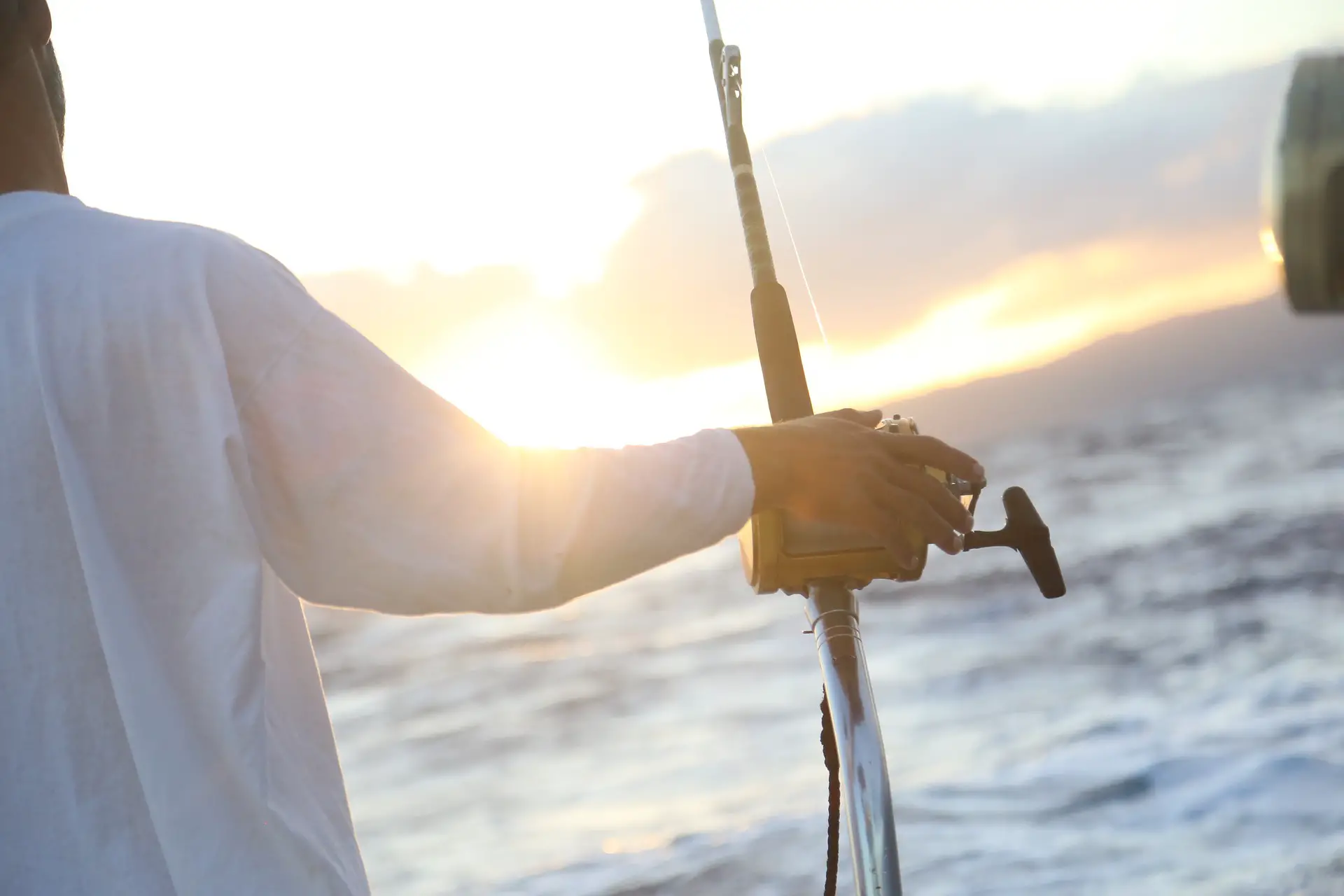
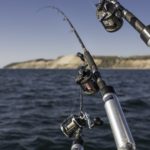

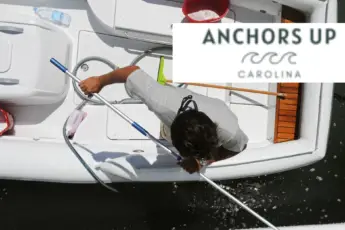
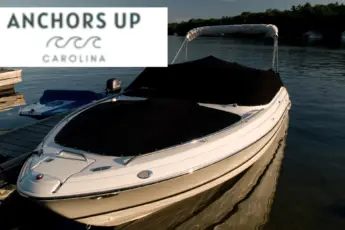
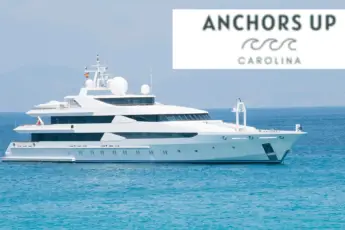

Leave a Comment
You must be logged in to post a comment.